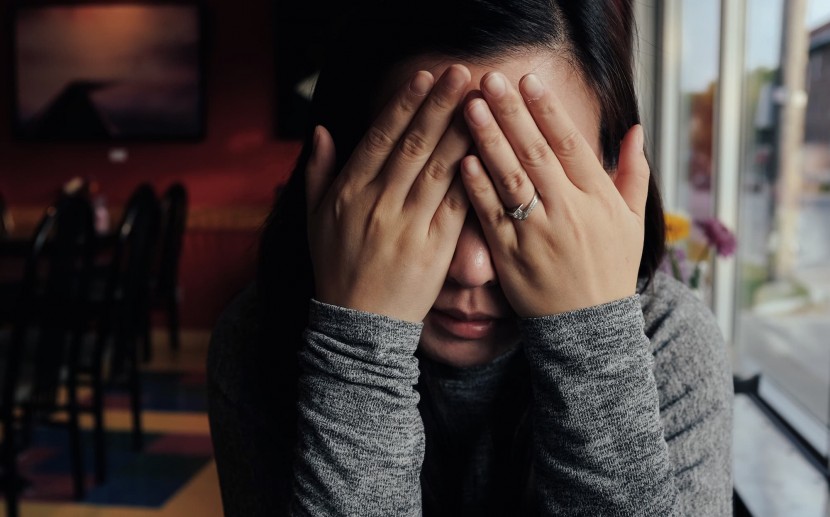
By StrongHearts Native Helpline
April is Sexual Violence Awareness Month. Sexual assault can happen to anyone, however, in Indigenous communities in the U.S., more than half of American Indian and Alaska Native women (56.1 percent) have experienced sexual violence in their lives and the vast majority (96 percent) are victimized by a non-Native perpetrator.
What is sexual coercion?
Sexual coercion is the practice of persuading someone to engage in unwanted sexual activity by using force, intimidation or threats. Anyone can use sexual coercion; however it is likely that it will happen with someone you already have some type of relationship with like a partner, friend or date. Consent is not given if your sexual partner(s) feel pressured, intimidated and/or threatened, therefore sexual coercion is sexual violence.
Tactics of sexual coercion
Sexual coercion tactics can vary and many can be used in combination with each other. Be aware that someone who makes you feel pressured and uncomfortable after you’ve said no to sex may be trying to coerce you. If you “give in” to keep the peace, you are a victim of coercion.
Here are some common signs of sexual coercion adapted from Love is Respect.
Constant pressure, even after you say no
They use repeated requests, begging and relentless pestering to try to wear you down. They may try to use bargaining by saying things like “I’ll do this if you do this for me.”
Manipulates your emotions
They try to make you feel like you owe them by using over the top compliments, actions or affection. They make you feel like it’s too late to say no by saying “You’ve done it before.” or “I need to do this now that we’ve already been doing X, Y, Z.”
Tries to normalize their sexual expectations
They might use societal norms to try to justify their behavior and say things like “Guys just need it more” or “Women my age have a high sex drive.”
Uses your relationship status against you
They may say things like “Couples in relationships have sex and if we aren’t having sex, I guess we shouldn’t be together.” or “You’re my boyfriend, you should want to have sex with me!”
Makes you feel afraid if you say no
They could threaten to harm you, relatives, friends or your career, home and life. They could threaten to out you. They could also resort to lying or spreading rumors about you in your community.
Reacts negatively when you say no
They react badly and may not directly admit why. They may try to coerce you by making you feel guilty and say things like “How can you do this to me?” or “Don’t you see you’re hurting me?” They could pout, whine, cry or give you the silent treatment and deny you any physical affection. Emotional abuse like name calling or putting you down and physical abuse might also be used.
If any of these sounds familiar to you, StrongHearts is here to help. To speak with an advocate, call 1-844-762-8483, text 1-844-762-8483, or for one-on-one chat advocacy, visit strongheartshelpline.org 24/7. As a culturally-appropriate, confidential service for Native Americans and Alaska Natives, StrongHearts advocates offer emotional support, safety planning, crisis intervention and referrals to Native-centered resources.
Your body. Your sovereignty. Your decision. You never owe anyone sex.